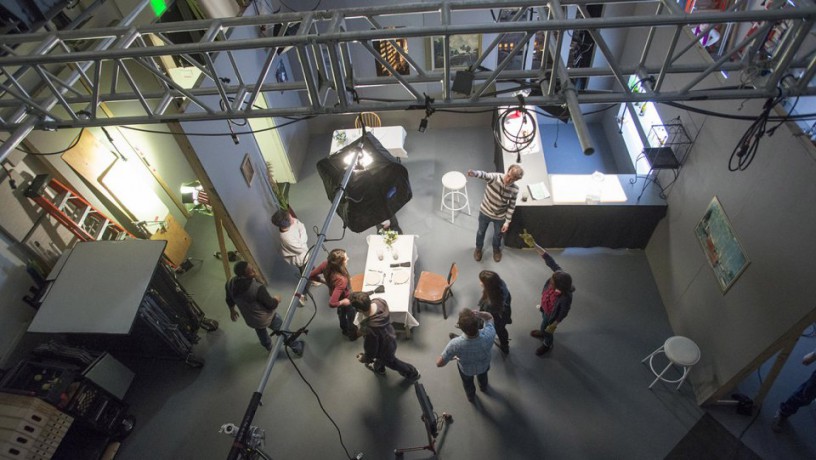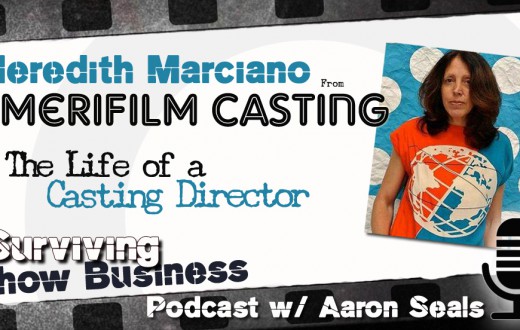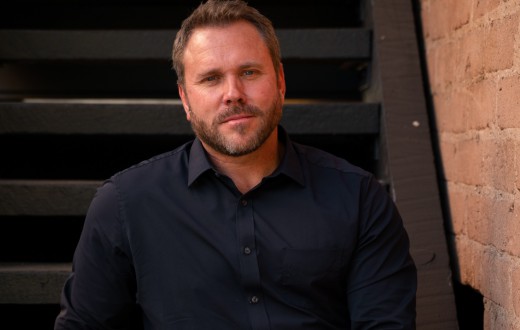Recently I posted a list of things most actors probably wish they had known when they were just getting started. But as the list developed I realized I was really going to need to list more than five. There are just so many things that you really can only learn the hard way–or by reading these pages!
Here then is a list of an additional five tips all actors probably wish we knew when we were still young and pretty.
1. You don’t need to go to school*
(*with heavy caveats)
So, that first list referred often to theater school or university-level acting programs, which are without a doubt often valuable resources and which can produce top-notch actors. However, the danger of such references is that it might come across as though theater school is a prerequisite to being a successful actor, and it just isn’t, not necessarily. But let’s be clear: that is not to say that education isn’t important. On the contrary, it is vital. But a strong argument can be made that there are alternative means of educating yourself as an actor; you’ll just have to work harder to seek them out. There are classes in scene study, improv, and all sorts of other useful skills for actors that are offered as adult learning at universities, community colleges, through theater troupes and via private instructors. Not only that, with the magic of the interwebs, there are literally thousands of acting videos and books available. But even more importantly than that, the real world is an invaluable if tough teacher. Seek out community theater groups in your town and volunteer for everything. You can conceivably learn more working with different directors on an array of different types of shows than you might learn in four years doing the type of shows they put on in university theater programs. Again, this isn’t to say one method is better than the other, nor is it to dis anyone. What’s important is that you find a way to educate yourself by hook or by crook, and be ready to learn no matter where you are.
2. Don’t join a cult
Not a literal cult. (But actually you might want to avoid that too, come to think of it…) Rather, as you seek to follow the path of your particular education, be sure to keep a clear head about who and what you are. Don’t fall victim to a cult of personality in the form of a particular director or educator. As you’re starting out it’s easy to fall under the sway of unscrupulous “educators” who like to sell themselves as offering the only genuine version of the truth of acting. You should make yourself open and available to any and every type of opportunity you can find to learn. Too many young actors get sucked into adulation for a charismatic director or teacher (hey, we’re charming people, right?) and they end up wasting valuable time locked into one rigid way of thinking that is more about the cult leader’s ego than helping you grow as an actor.
3. Run your own race
In the cutthroat, competitive world of acting, it is very tempting to look over your shoulder or up ahead at the careers of other actors and feel twinges of jealousy. This is nothing but counterproductive. Sure, you may be vastly more talented than your douchey former classmate Stephan, that jerk who always gets cast in everything you’re up for. However you are wasting your time and energy fretting over him. The truth is, you are only hurting yourself as you fantasize about ways he might meet with a premature demise, as delicious as that might seem. That’s time and emotional energy you could be using toward learning new monologues, taking classes, and going out on auditions. Think of your acting career like golf, not football: each golfer, while technically competing with the other ones, is actually battling against him or herself and the scorecard. Improve your score as an actor and you will get cast more.
4. Create!
Hey, so you’re not getting enough work as an actor? Create your own! You are entering into a field for imaginative, empathetic, thoughtful people. Use your gifts and those of your friends: join or form a scene study group (and remember, monologues are scenes, hint hint!) Create a short script with your other actor friends and film it, even guerilla-style on a cell phone if need be. It may sound daunting, creating something from scratch, but remember: every novel, every film, every play started with a single scene, which started with a single character, which started with a single word.
5. Control what you can, and let go of the rest
So many actors drive themselves batty analyzing and reanalyzing and re-re-re-analyzing their auditions ad infinitum. Don’t be one of them. Take control of what you can to maximize your chances, but let go of things you cannot control. Here’s what you can do: learn your lines, understand the character and what they want within the scene in the overall context of the piece, get there on time rested and ready, be engaging, be friendly, and be patient. Things you can’t control: what is said about you after you leave, what goes on in the minds of the casting team, the other actors, the reader, the noise, the lighting, the past, (i.e. what you coulda, shoulda, woulda done differently.) Thinks of this as exercise in staying in the moment and being present. Move on, and start preparing for the next audition!







